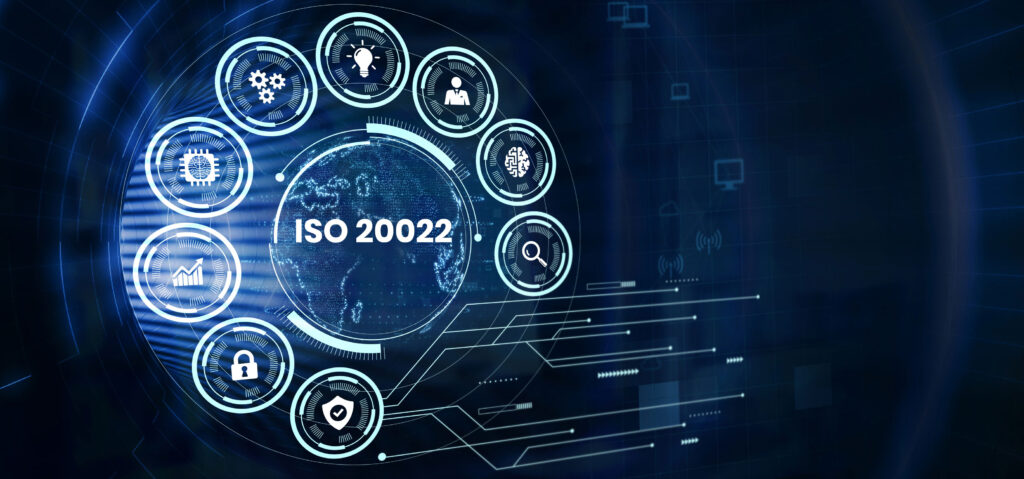
The Wolfsberg Group, a leading association of global financial institutions, recently provided comments on the Anti-Money Laundering (AML) implications of ISO 20022’s harmonization requirements on cross-border payments. The comments were submitted in response to the Bank of International Settlement’s (BIS) request industry feedback.
If you’re unfamiliar with ISO 20022, it’s a worldwide standard for financial messaging that facilitates seamless communication and interoperability among different financial systems and institutions. It establishes a common language for the exchange of structured data, enabling more efficient and accurate processing of financial transactions.
Implementing ISO 20022 correctly can offer a significant advantage in enhancing AML-related controls. Financial institutions can establish more robust mechanisms to detect and prevent money laundering activities by utilizing a standardized format for financial messaging. The structured data exchange ensures consistent inclusion of relevant information in payment messages, making it easier to identify suspicious patterns and potential risks associated with illicit transactions.
Additionally, ISO 20022 reduces the risk of interruptions in the payment chain. Financial institutions can enhance their operational efficiency and minimize disruptions caused by inconsistencies in message formats or incompatible systems by implementing this globally recognized standard. The standardized approach streamlines the payment process and improves the overall reliability of cross-border transactions.
In conclusion, the Wolfsberg Group’s comments on the AML implications of ISO 20022’s harmonization requirements emphasize the significance of this global standard for financial messaging. Correct implementation of ISO 20022 not only improves the efficiency and accuracy of financial transactions but also enhances AML-related controls. By aligning AML frameworks with ISO 20022, financial institutions can achieve a more robust and reliable payment ecosystem while effectively combating money laundering risks. Ultimately, integrating ISO 20022 within AML frameworks marks a pivotal step toward a safer and more streamlined global financial system.